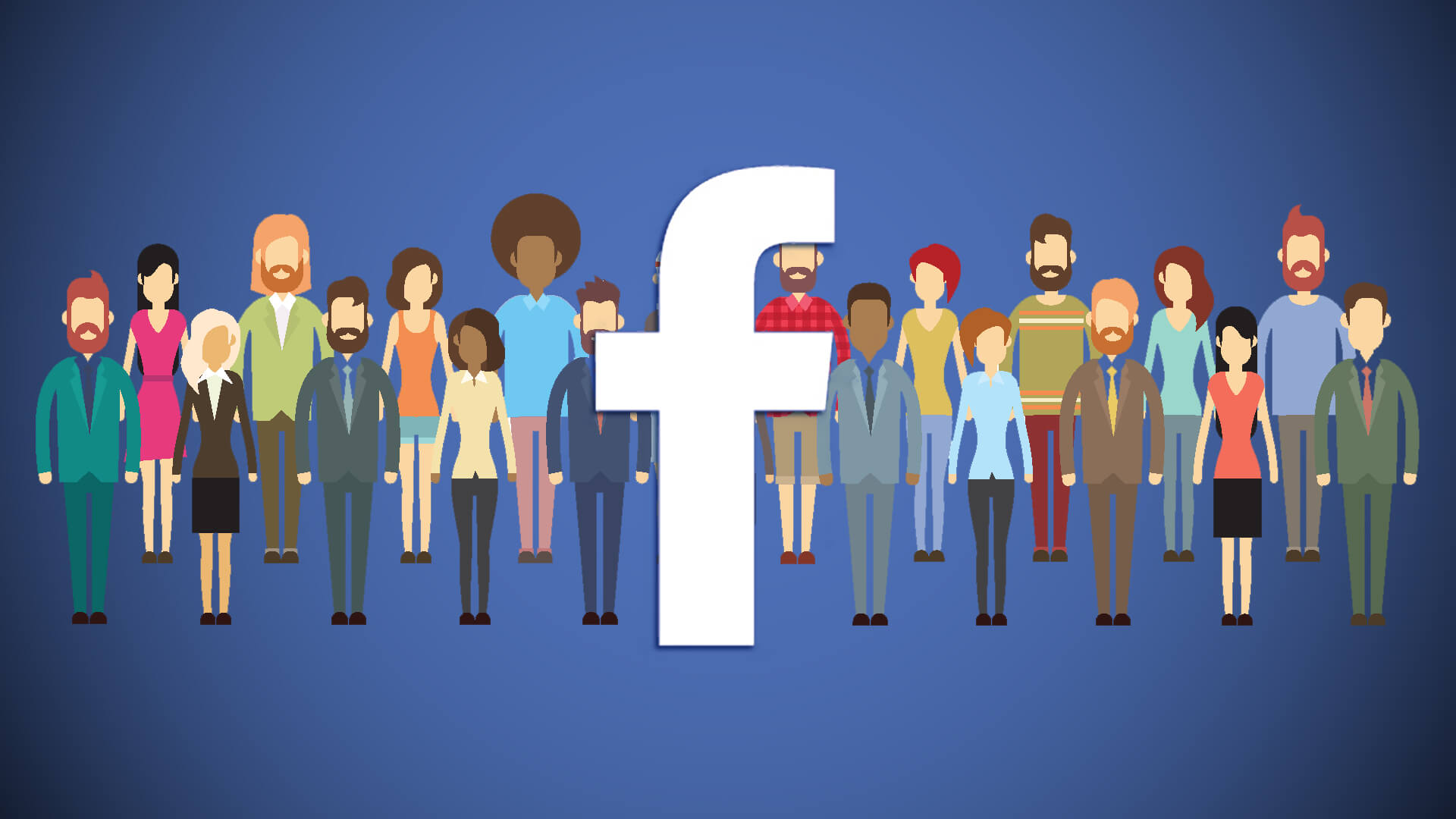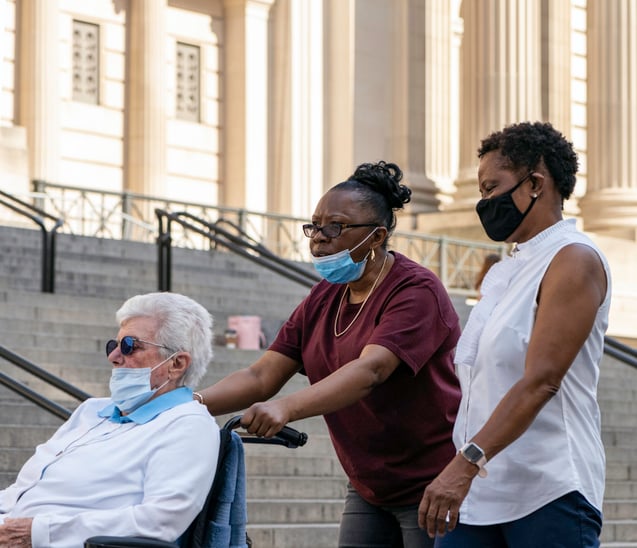

Facebook’s Race Problem

 Mark S. Luckie, Facebook’s former Strategic Partner Manager for Global Influencers focused on Underrepresented Voices, recently sent a memo to Facebook employees around the world. Before his last day at the company, Luckie wanted to expose what he calls Facebook’s “black people problem.” He described several issues that black employees at the company have had to face.
Mark S. Luckie, Facebook’s former Strategic Partner Manager for Global Influencers focused on Underrepresented Voices, recently sent a memo to Facebook employees around the world. Before his last day at the company, Luckie wanted to expose what he calls Facebook’s “black people problem.” He described several issues that black employees at the company have had to face.
Luckie’s Accusations
Black people are one of the most engaged demographics on Facebook. According to the Pew Research Center, 70% of black U.S. adults use Facebook. Despite this high level of engagement, Luckie describes a lack of racial inclusion in certain areas of the company. Black employees are often asked questions like “What do black people think about…”, or “Is this racist?” Luckie suggests that, because Facebook’s work affects black people, it is far more effective to hire black employees at higher levels who have access to the context of Facebook’s processes and goals. He acknowledges that there has been a hiring increase of people from diverse communities over the last year. Although diversity is an essential workplace goal, Luckie says that Facebook still lacks inclusion for black employees. Simply hiring diverse employees isn’t a lasting solution to racial inequality if those employees are not included in meaningful work.
Disparity Between User and Employee Demographics
Facebook’s user base does not reflect its employees. For example, Luckie describes how there are often more Black Lives Matter posters in Facebook offices than there are actual black people. Even though black people are such a huge part of Facebook’s user base, Facebook has disproportionately few black employees. Furthermore, Luckie describes instances where black employees at Facebook have faced discrimination. For example, he says non-black employees have called black employees “hostile” or “aggressive” just for sharing their thoughts. Additionally, he says that colleagues frequently clutch their wallets when he walks by.
The Importance of Human Resources
When issues of racial discrimination arise in the workplace, Human Resources can play an essential role in resolving them. However, Luckie did not find his experience with Human Resources at Facebook to be helpful. He says that black employees are made to feel like experiences of discrimination are figments of their imagination. In this way, HR protects Facebook management, not lower-level employees. HR practices such as these can lead to low employee morale, thereby lowering productivity.
Luckie’s Decision to Leave Facebook
Because of the workplace culture surrounding race at Facebook, Luckie decided to leave his position. He left some recommendations to the company regarding how they could improve their racial issues. For example, he suggested metrics that would ensure that racial representation is everyone’s responsibility. Additionally, he proposed systems for employees to anonymously report racial microaggressions.
Seek Legal Assistance Today
Racial discrimination in the workplace is illegal. If you have experienced racial discrimination at work, seek legal assistance today. The Working Solutions Law Firm, located in New York City, can assist you. Contact us today at (646) 430-7930 to schedule a free case evaluation and receive experienced legal counsel.


